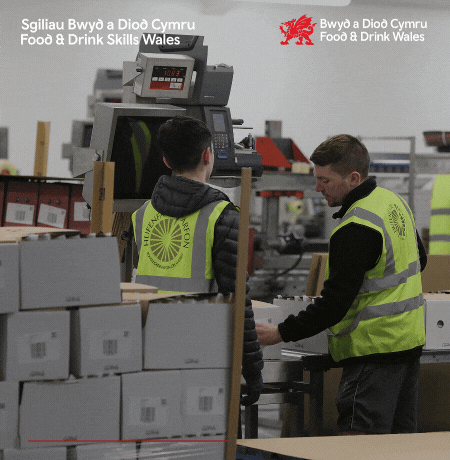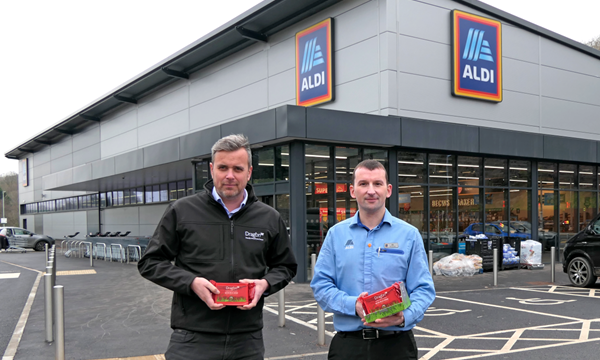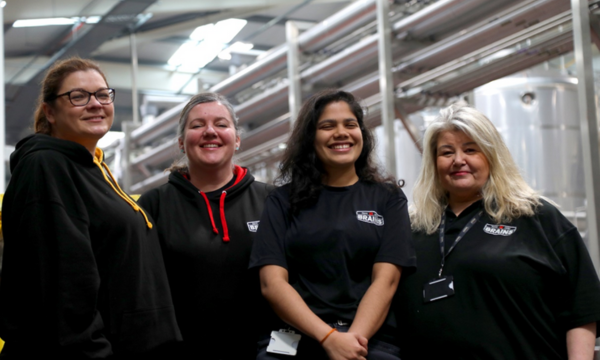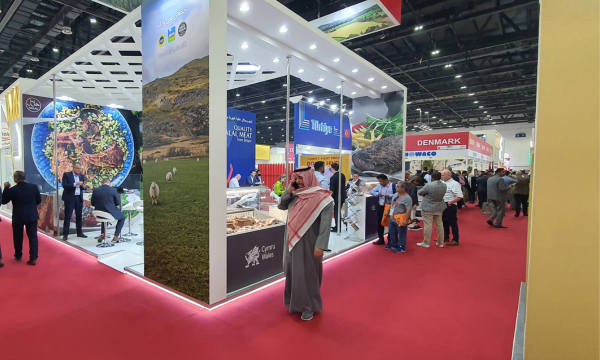For food and drink producers the journey to growth and sustainability is tied to the availability and management of finance, particularly working capital.
This financial lifeline enables these businesses to meet daily operational needs, invest in expansion, and ultimately drive profitability. However, navigating the financial landscape has become increasingly challenging, especially in the aftermath of the Covid-19 pandemic.
According to a survey by the Food and Drink Federation (FDF), 29% of food producers find the cost of financing challenging, while approximately 12-13% struggle with accessing finance. This is against a backdrop of costs for food and drink manufacturers having risen 9.2% up to March this year.
During the pandemic, many food and drink producers benefited from Government-backed loans, which provided much-needed support to weather the economic storm. These loans were crucial in maintaining operations and preventing widespread business failures. However, as these loans are now being repaid, businesses face a new reality. Companies that previously operated debt-free are now grappling with the additional burden of repayment, making it more difficult to secure further debt or investment, particularly in a high interest rate environment.
Working capital is the engine that powers day-to-day operations, ensuring that businesses can pay for ingredients, labour, and other inputs while waiting for revenue from sales. Effective cash flow management is critical. Producers must maintain robust financial housekeeping to ensure they have sufficient working capital to fund immediate expansions and fulfill new orders.
Automation and strategic investments are increasingly seen as long-term solutions to enhance efficiency and reduce costs. By investing in technology, businesses can streamline production processes, reduce labour costs, and improve overall profitability. However, such investments require upfront capital, further highlighting the need for accessible financing options.
A key aspect of financial management is understanding and mitigating risks. Food and drink producers must analyse their customer base and product lines to identify the most profitable segments. By focusing on high-margin products and optimising their SKU (Stock Keeping Unit) mix, businesses can drive profitability and strengthen their financial position.
For food and drink producers, building a financially sustainable business is also essential for maintaining strong relationships with wholesalers and retailers. These partners rely on stable and reliable producers to ensure a consistent supply of products. Financial instability can disrupt these relationships, leading to costly switches between suppliers. Therefore, investment strategies must be viewed holistically, encompassing everything from cash flow and working capital management to long-term capital investments.
As businesses continue to recover and evolve post-pandemic, understanding and managing these financial elements will be critical to their success. With the right financial strategies in place, food and drink producers can navigate the challenges of today and seize the opportunities of tomorrow, ensuring a robust and thriving industry.











